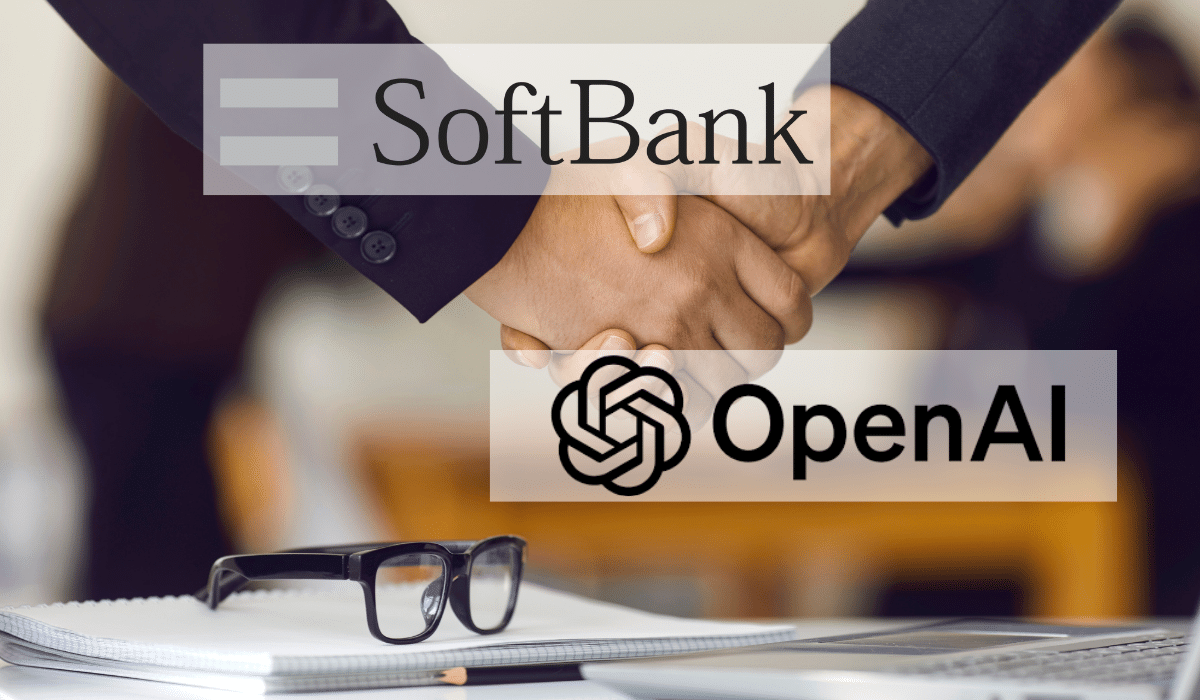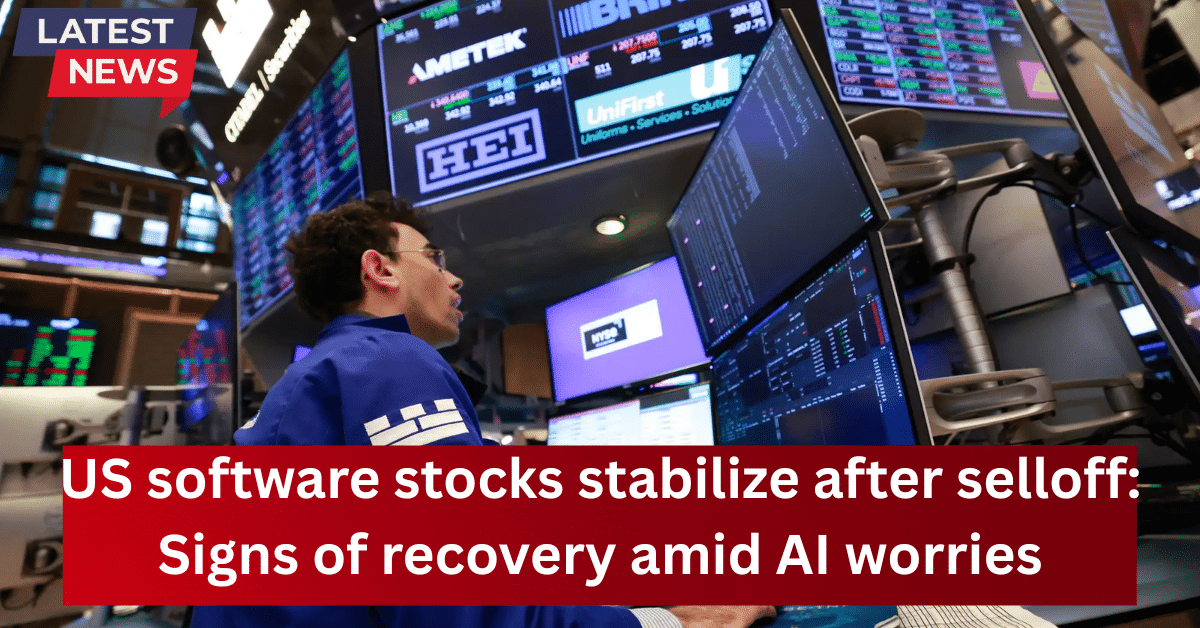SoftBank approves $22.5 billion OpenAI investment as the Japanese conglomerate’s board conditionally greenlights the second installment to finalize its massive $30 billion commitment to the artificial intelligence startup. The landmark approval, reported by The Information on October 25, 2025, marks a significant milestone in one of the largest AI startup funding rounds in tech history.
Board Approval Contingent on Corporate Restructuring
The SoftBank board approval comes with a critical condition attached. OpenAI must successfully complete its OpenAI corporate restructuring to transition from its current nonprofit model to a for-profit Public Benefit Corporation structure by the end of 2025. This transformation is essential for paving the way toward OpenAI IPO plans and allowing investors to expand their stakes under a clear profit-based framework.
According to The Information, if the artificial intelligence startup fails to complete this restructuring, SoftBank’s total investment would be reduced from $30 billion to just $20 billion. The restructuring requires legal approval in both California and Delaware, making it a complex process that OpenAI leadership is actively working to finalize.
Part of Historic $41 Billion Funding Round
This artificial intelligence investment represents the second phase of SoftBank’s commitment to OpenAI, which is part of a broader $41 billion financing round announced in April 2025. SoftBank initially agreed to invest $10 billion in mid-April, followed by the additional $30 billion pledge in December, both tied to OpenAI’s successful transition to a for-profit model.
The massive funding round has helped OpenAI reach a staggering private market valuation of approximately $500 billion following an employee share sale in October 2025. This valuation cements OpenAI’s position as one of the world’s most valuable private companies and reflects investor confidence in the ChatGPT creator’s future prospects.
OpenAI’s Explosive Revenue Growth
OpenAI has demonstrated remarkable financial performance that justifies the historic investment levels. The company’s ChatGPT revenue growth has been extraordinary, with annualized revenue reaching approximately $12 billion in mid-2025, a dramatic increase from $3.7 billion in 2024.
This threefold revenue surge is primarily driven by ChatGPT subscriptions and rapidly expanding enterprise customer adoption. The OpenAI Microsoft partnership continues to play a crucial role in the company’s growth trajectory, though Microsoft lost its exclusive cloud provider status earlier this year, opening doors for partnerships with companies like SoftBank.
Masayoshi Son’s AI Vision
Masayoshi Son OpenAI backing represents the SoftBank CEO’s aggressive push into artificial intelligence investments. Son has publicly stated his belief that OpenAI could become “the most valuable company in the world,” reflecting his long-term conviction in the transformative potential of AI technology.
Interestingly, Son revealed that OpenAI CEO Sam Altman approached SoftBank about investment opportunities before 2019, but Microsoft secured the deal at that time. Now, SoftBank is positioned to become one of OpenAI’s largest shareholders alongside Microsoft, establishing itself as a major partner in the global AI landscape.
Funding Strategy and Market Response
To support its massive AI investments, SoftBank is pursuing additional capital through multiple channels. The company is reportedly in discussions for a $5 billion loan backed by shares in Arm Holdings and has initiated a $2.9 billion bond sale, returning to overseas bond markets with $2 billion in dollar notes and €750 million in euro-denominated notes.
SoftBank shares rose 4.58% on Friday, closing at $78.76, reflecting investor optimism about the company’s strategic positioning in the AI sector. However, the stock later experienced volatility following reports of the loan discussions.
What’s Next for OpenAI
The approval signals SoftBank’s strong expectation that OpenAI will successfully complete its corporate transformation. Once the for-profit Public Benefit Corporation structure is finalized, OpenAI will be better positioned to pursue an eventual public offering while maintaining its mission to develop artificial general intelligence that benefits humanity.
The restructuring allows the company to balance profit objectives with broader social goals, a hybrid approach that could serve as a model for other AI research organizations navigating the tension between commercial viability and ethical responsibilities. With this conditional approval in place, all eyes are now on OpenAI’s legal team to complete the necessary filings and approvals in California and Delaware before the year-end deadline.







